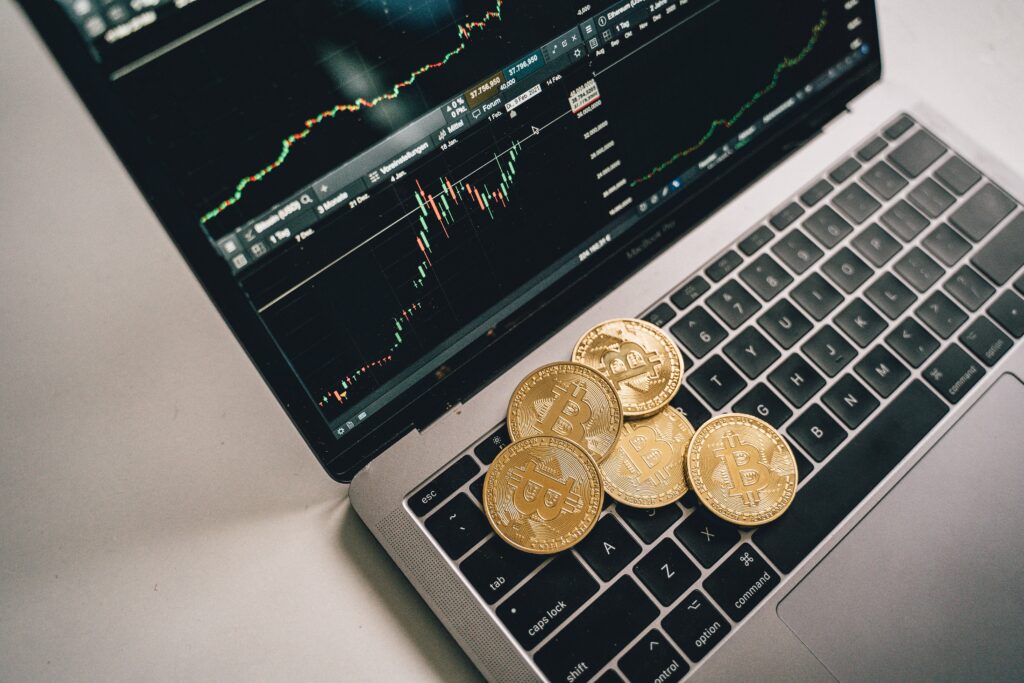
Many people want to trade stocks, currencies, and cryptocurrencies to make money. However, not everyone succeeds because trading is not simple as it looks to be and the crucial thing is that if you’re completely new to this, it might be so hard for you.
But you don’t have to be worried because this article will guide you on how to start trading in easy steps. We will discuss how to pick a company to trade with, how to plan your trades and some other important aspects.
Let’s have a brief conversation on it!
“The first step is crucial for new traders. It benefits those who want to learn trading from the beginning.”
You don’t need a lot of money to start trading. A good thing about trading is that you can begin with a small amount and increase it as you go. Many trading companies let you open an account with just $500 or $1,000. This money is what you’ll use for your first trades. At the start, concentrate on making your account bigger. I don’t think you can turn a small Traderai app account into millions really fast. As you get better at trading, you can put in more money to make bigger trades and spread out your investments.
Trading can be lucrative but also carries risk. On average, around 80 percent of active AI trader lose money. But this isn’t because trading itself isn’t profitable. Much of it comes down to the individual trader’s skill, strategy, psychology, and risk management. Traders at trading firms and financial institutions can make good money. They are professionals. If trading wasn’t profitable, these entities would not exist. With dedication to improving your trading craft, trading can definitely be profitable long-term.
Now what’s next? As we discussed the core steps of trading is that enough no. Listen, we’re not here to just engage the people with our content. Our intention is to provide our audience the valuable information they want from us.
Choosing a suitable firm is essential. The top factors to check while selecting a company are security, platform features, tools, data feeds, customer support, and commission rates. You want low commissions to maximize your profitability. Leading discount brokers these days offer $0 stock and ETF trades. For options contracts and other asset classes, look for low per-contract fees.
Also, check if the brokerage, which means “company,” offers virtual paper trading accounts so you can practice risk-free. Additionally, research the platform’s charting, scanning tools, research capabilities, level II quotes, and order routing mechanics. Make sure they meet your needs.
Note:
“A lot of people think luck is all you need and planning is unnecessary. In storytelling, it may make sense, but in real life, those people can mislead you into finding what’s best for you.”
The below section indicates the importance of strategy!
Having a solid trading strategy is crucial for success in the markets. It provides an edge that is essential. You need a methodical game plan for identifying and managing trades aligned with your risk tolerance.
There are many different ways to decide how to trade, like looking at company basics, using math methods, or studying price charts. A lot of traders begin with simple chart-based strategies, focusing on things like trend changes, price swings, or when prices break through certain levels. After getting the hang of these, you can learn more complex ideas. It’s important to keep detailed records of your trades so you can get better over time. Remember, no method is perfect and losses will happen. Be ready to change your strategy based on what you learn.
It is important to manage risk for each trade and across your portfolio. Set stop losses for each trade at a level that would invalidate your thesis. Only risk 1-2% of your account for each trade. Consider position sizing, correlations, and portfolio volatility. Use a variety of asset classes, sectors, and timeframe strategies. Apply robust risk management rules to protect your capital in all market environments. Risk control will allow you to stay in the game long enough to let probabilities work in your favor.
Developing effective trading psychology and discipline is hard. To make good decisions under pressure, you must have high focus. Mental toughness and emotional control are also necessary for this. An even-keeled temperament is important as well.
Setting goals, practicing mindfulness, managing stress, reflecting, and maintaining a growth mindset can help overcome natural human biases and impulses. These biases and impulses can distort decision-making. Remember that some losses are inevitable, so don’t beat yourself up. Review both wins and losses to improve. Follow your trading plan’s rules without overtrading or revenge trading.
Many traders hurt themselves by making common psychological and strategic mistakes like overtrading, lack of capital, greed, averaging down losers, buckling under social pressure, lack of focus, poor risk management, ego, and more. Being aware of these pitfalls allows you to code your behaviors.
Trading requires ruthless self-honesty, mental toughness, managing fear and ego, objectivity, sticking to your edge despite outside criticism, and building skills over years. Stay patient, keep expectations modest, and don’t think you’ll get rich.
To start trading as a beginner, you need to cover the essentials. Follow these best practices: ensure enough capital, choose a broker, develop a strategy, manage risk, maintain psychological well-being, and avoid overtrading. Build your experience through dedicated practice.
Trading is challenging but rewarding. It can be a craft and a potential income stream if you have realistic expectations. Learn from your losses instead of giving up. Keep going, and success will come with time.